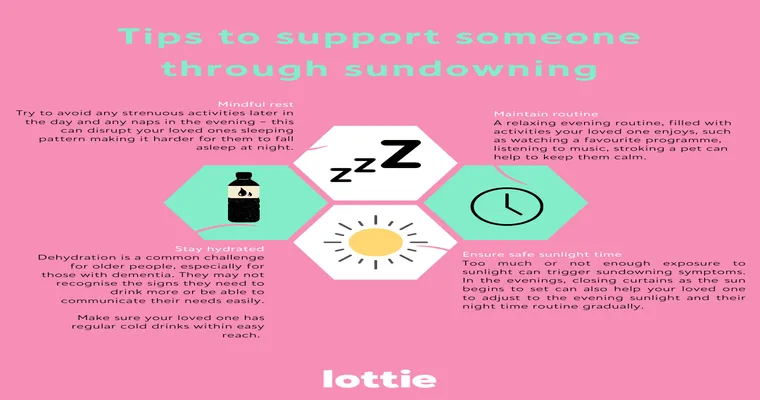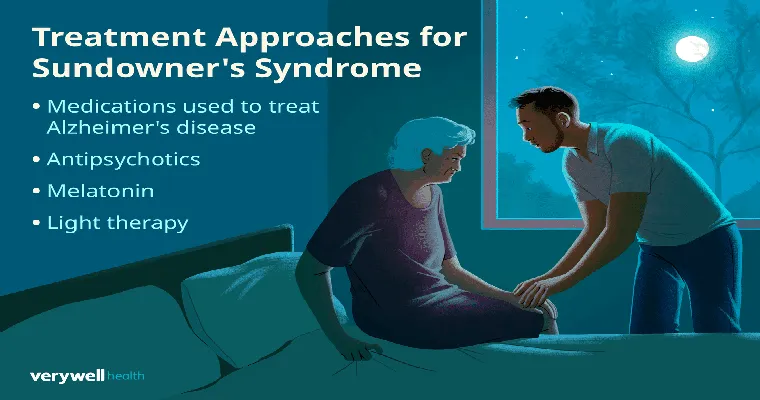Dealing with "crazy phone calls" from a loved one experiencing "Sundowner's syndrome" can be incredibly challenging and emotionally draining. Sundowner's syndrome is a condition often seen in individuals with dementia, particularly Alzheimer's disease, where symptoms of confusion, agitation, and anxiety escalate during the late afternoon and evening. If you find yourself in a situation where these phone calls are affecting your mental health, it is essential to develop coping strategies that can help you manage the stress and maintain a sense of peace.
Understanding Sundowner's Syndrome
Before addressing how to handle these phone calls, it is crucial to understand what "Sundowner's syndrome" entails. Individuals with this condition may exhibit heightened confusion or distress as the day progresses. During these episodes, they might make frantic or nonsensical phone calls, expressing fears or concerns that may not align with reality. Recognizing that this behavior is a symptom of their condition can help you respond with empathy rather than frustration.
Strategies for Managing Phone Calls
1. "Establish Boundaries": It is essential to set clear boundaries about when you are available to take calls. Let your loved one know your schedule, and if possible, try to communicate during times when their symptoms are less severe.
2. "Create a Calm Environment": Encourage your loved one to engage in calming activities before the evening hours. This could include listening to soothing music or practicing mindfulness techniques. A peaceful environment may lessen the intensity of their symptoms and result in fewer distressing calls.
3. "Stay Calm and Reassuring": When you do receive a phone call that is unsettling, aim to remain calm. Speak in a soothing tone, validate their feelings, and offer reassurance. Phrases like "I am here for you" or "It’s okay; let’s work through this together" can help alleviate some of their anxiety.
4. "Limit Call Duration": If a call becomes overwhelming, it is okay to gently suggest ending the conversation. You might say, "Let’s take a break and talk again in a little while." This approach allows you to maintain your composure while still showing that you care.
5. "Utilize Technology": If possible, consider using technology to monitor their well-being without needing constant phone calls. Video calls, messaging apps, or even monitoring devices can help you stay connected while reducing the frequency of distressing phone conversations.
6. "Seek Support": Don’t hesitate to reach out for help. Support groups, whether online or in-person, can provide you with insights and coping strategies from others who are experiencing similar challenges. Sharing your feelings and experiences can be therapeutic.
Prioritizing Your Mental Health
It is crucial to remember that caring for someone with Sundowner's syndrome can take a toll on your own "mental health". Make self-care a priority. Engage in activities that bring you joy, practice relaxation techniques, and seek professional help if needed. By taking care of yourself, you will be better equipped to provide support to your loved one.
Conclusion
Dealing with crazy phone calls from someone with Sundowner's syndrome can be an emotionally exhausting experience. However, by understanding the condition, setting boundaries, and employing effective coping strategies, you can navigate this difficult situation with greater ease. Remember, it is essential to prioritize your well-being as you support your loved one through their challenges. Together, you can find a way to cope with these moments while maintaining your emotional health.





